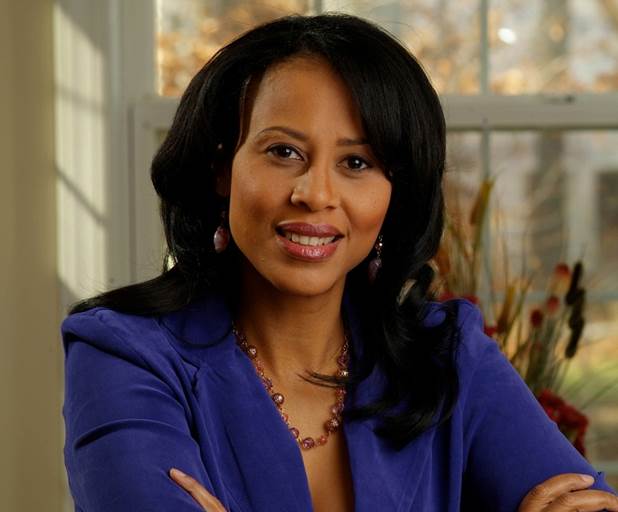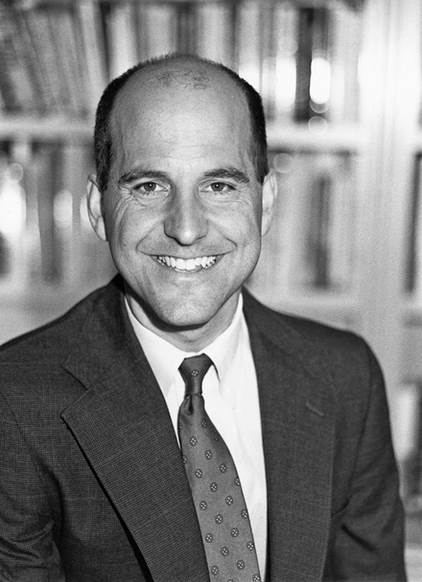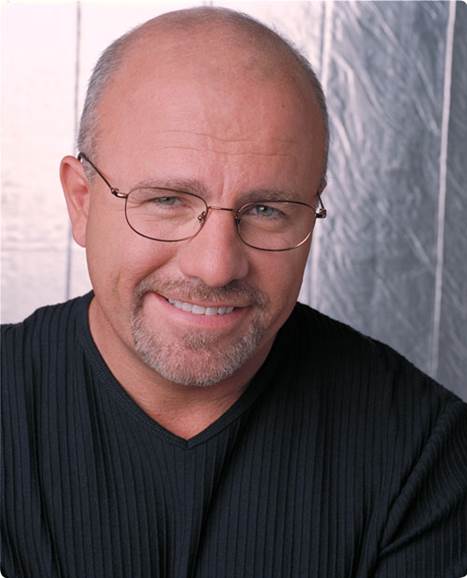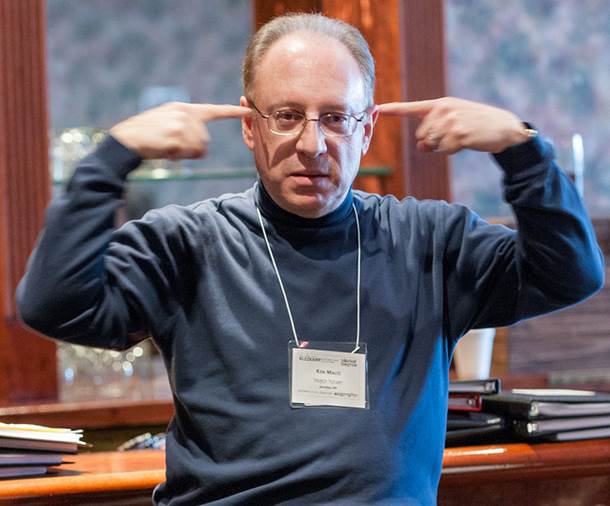
Nationally syndicated personal – finance
columnist
The worst decision I made was being too
conservative when I first starting investing in my company’s 401(K) in my 20s.
I took advice from a co-worker who was about 10 years from retirement and very
conservative. He made me scared of the stock market, so I put most of my money
in bonds. And I didn’t change that selection for years, so I missed out on some
roaring times in the stock market.
Eric Tyson

Author of “Personal Finance for Dummies”
My biggest mistake was investing a few
thousand dollars through a precious – metals company, IGBE. It ran ads in
prominent publications, which gave it credibility, and smooth-talking people
handled the phone lines. IGBE turned out to be a fraudulent business and ended
up bankrupt. I learned a valuable lesson – to do lots of homework before
investing through any company.
Dave Ramsey

Radio personal finance expert and
author
By the time I was 26 years old, my wife and
I held real estate worth over $4 million. I was good at real estate, but I was
better at borrowing money. I had built a house of cards. We went through
financial hell, and lost everything over a three-year period. We were sued,
foreclosed on, and finally were bankrupts. After that we said, we’d never have
debt again- and we haven’t.
Doing it right: Readers give lessons in building wealth
Our recent retirement survey included
several dozen subscribers who reported a net worth of well above $1 million.
When we interviewed a handful, we found a common theme: frugal living. Here’s
how three built their fortunes:
Early savings
Kenneth Maltz of Jericho, N.Y., taught
instrumental music in public schools for 34 years and retired at 55 with a net
worth upward of $1 million. He credits that nest egg to a good pension,
diligent saving, and nerves of steel when investing.
“The most important thing was starting to
set the money aside at an early age and not skipping a paycheck’s
contribution-ever,” says Malsz, 64. “The second was realizing that not spending
on a fleeting pleasure would pay off years later.”

Kenneth
Maltz of Jericho, N.Y says he started investing in his early 30s
Maltz says he started investing in his
early 30s. He always salted away the maximum allowable contribution into a
tax-deferred 403(b) retirement plan. Knowing he would have a teacher’s pension
made it easier to take some risks investing in individual stocks. “What I was
good at doing was not panicking when the market took a downturn,” he says. “I
always believed that when times are bad and shares are low, that’s the time to
buy.”
Maltz spend retirement playing clarinet in
bands specializing in klezmer, a kind of jewish folk music. Musician friends
who eschewed day jobs now express envy at his financial freedom. “I had to turn
down a lot of music work when I was younger because I was teachning,” he says.
“Now I’m in a good position.”
Savvy investing
Mary Haskin of Seattle made a lucky bet on
her future when she joined Genentech, then a growing biotech company. But kept
the money she made there – and made it grow- through old-fashioned smarts.
“I was the type of person to live below my
means and to plan,” says Haskin, 57. That meant always paying at least one
extra mortgage payment a year and carrying no credit-card debt. “I made
substantial money, but I didn’t need to spend it all,” she adds.
Haskin left a three-year stint as a
high-school English teacher to become a pharmaceutical saleswoman. She joined
Genentech in 1997. As she climbed the corporate ladder, she gained stock
options. Unlike others who cashed in their options, she held on and
diversified. Three years ago, she retired with a net worth in the mid-seven
figures. She now spends time with her partner doing numerous sports, volunteer
activities, and hobbies.
Currently, more than half of Haskin’s money
is in fixed-income funds and 16 percent is in stock mutual funds, with 5 to 10
percent more in individual stocks. She invests a small percentage of her wealth
in nonfinancial investments, including individual farms in the Midwest. She
credits her continued success in part to close communication with her financial
planner.
Real-estate niche
Bob Berkowitz of Crescent city, Calif., has
found a way to spin gold from vinyl siding. The 72-year-old rents out several
manufactured homes in his rural town and surrounding areas. He has fixed up and
sold many more.
“Investing in rental properties is way
different in rural areas vs. metropolitan areas or big cities,” he says. “You
have to make sure all parties are winners, because you are going to run into
your renters everywhere.”

Bob
Berkowitz of Crescent city says: “Investing in rental properties is way
different in rural areas vs. metropolitan areas or big cities,”
Berkowitz says manufactured homes built
after 1985 are sturdy and easy to rehab. He won’t touch a property that can’t
generate cash flow from the first days he rents it. He also fixes up and
resells distressed and foreclosed houses.
Eighty-five percent of Berkowitz’s net
worth and income derives from real estate, he estimates. Social Security and an
investment in a research company make up the rest of his income. “I gave up on
stocks, bonds, mutual funds, and other investments that are managed by others a
long time ago,” he says. “I found out that the best manager of my money is me.”